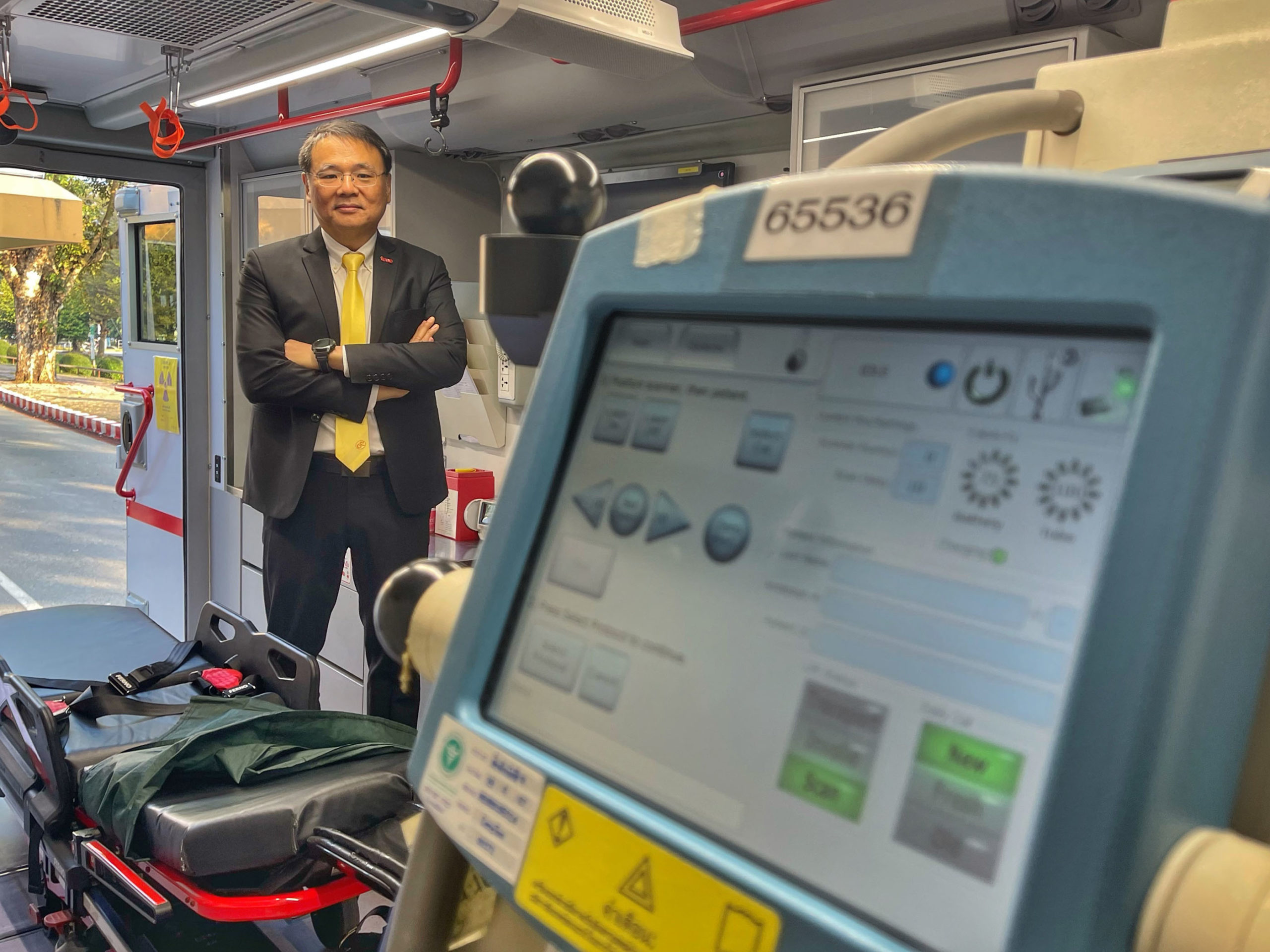- Connecting mobile stroke units with Somdej Phra Yupparat Pua Hospital in Nan province
- Collaborating to elevate Thai healthcare, bridge quality gaps, and reduce digital inequality

Nan, January 10, 2025 – In an era where stroke is a leading cause of death among Thais, True Corporation, Thailand’s leading telecom-technology company, is leveraging its 5G network to revolutionize the public health sector. Through the Mobile Stroke Unit project, the company is improving access to medical services for patients in remote areas under the “Smart Healthcare” initiative. This effort is part of a collaboration with the Mobile Stroke Unit Royal Honor Project, aimed at reducing inequality in access to acute stroke treatment across 21 Somdej Phra Yupparat hospitals nationwide. The partnership unites the Ministry of Public Health, the Somdej Phra Yupparat Hospital Foundation, the Ministry of Interior, the Ministry of Higher Education, Science, Research, and Innovation, the Ministry of Digital Economy and Society, and the Office of the National Broadcasting and Telecommunications Commission (NBTC). The pilot program has been launched at Somdej Phra Yupparat Pua Hospital in Nan Province.

According to the 2023 Health Statistics Report by the Department of Disease Control, Ministry of Public Health, Thailand recorded 349,126 stroke cases, with a mortality rate of 10% and a disability rate of 60%. Alarmingly, most fatalities occurred in individuals under 70 years of age. Stroke remains the second leading cause of death among Thais, following cancer.
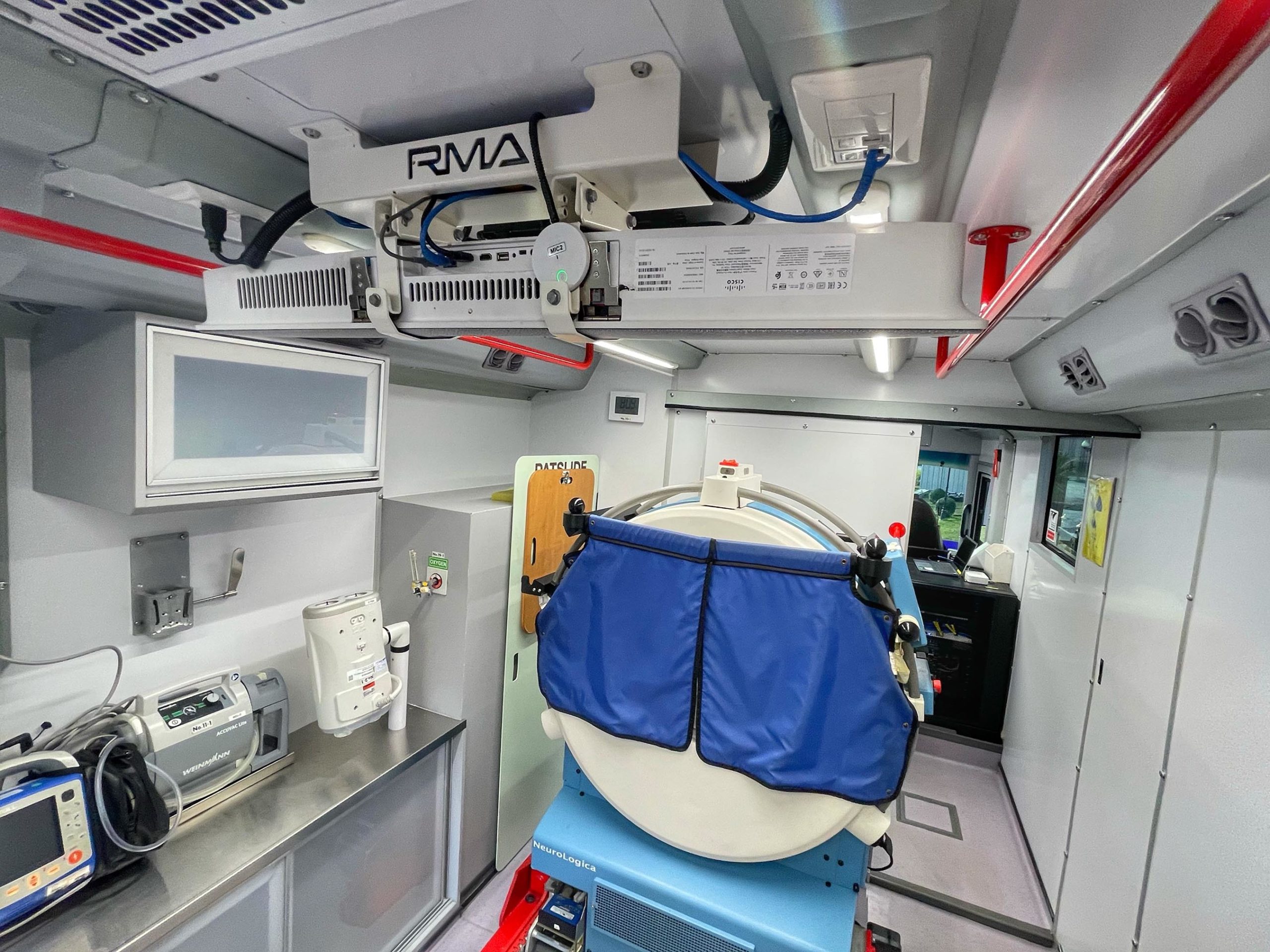
Mr. Prathet Tankuranun, Chief Technology and Information Security Officer, True Corporation Plc., said, “True Corporation’s 5G network excels in high-speed connectivity, low latency, stability, and the ability to connect various devices. These are crucial digital connectivity elements that enable the ‘Mobile Stroke Unit’ to provide care equivalent to hospital treatment in real time. Specifically, the network supports the real-time transmission of large files, such as brain CT scan images and high-resolution patient vital signs, allowing teams of doctors to plan precise and timely treatments. This capability transforms the critical moments before patients arrive at the hospital, helping to reduce mortality and disability rates among Thais.”

The Importance of 5G High-Speed, Low-Latency Connectivity for the “Mobile Stroke Unit”
- High-Quality Digital Communication: High-speed internet facilitates clear and seamless video calls between doctors and patients, ensuring efficient and accurate consultations, particularly in time-critical situations where every second counts.
- Data Transmission: High-speed connectivity is crucial for the fast and secure transmission of medical data, such as CT scans, X-rays, and diagnostic results, enabling rapid information exchange.
- Expanding Healthcare Services: High-speed internet drives the evolution of medical services into “Smart Healthcare,” extending access to remote and rural areas and reducing healthcare inequality.
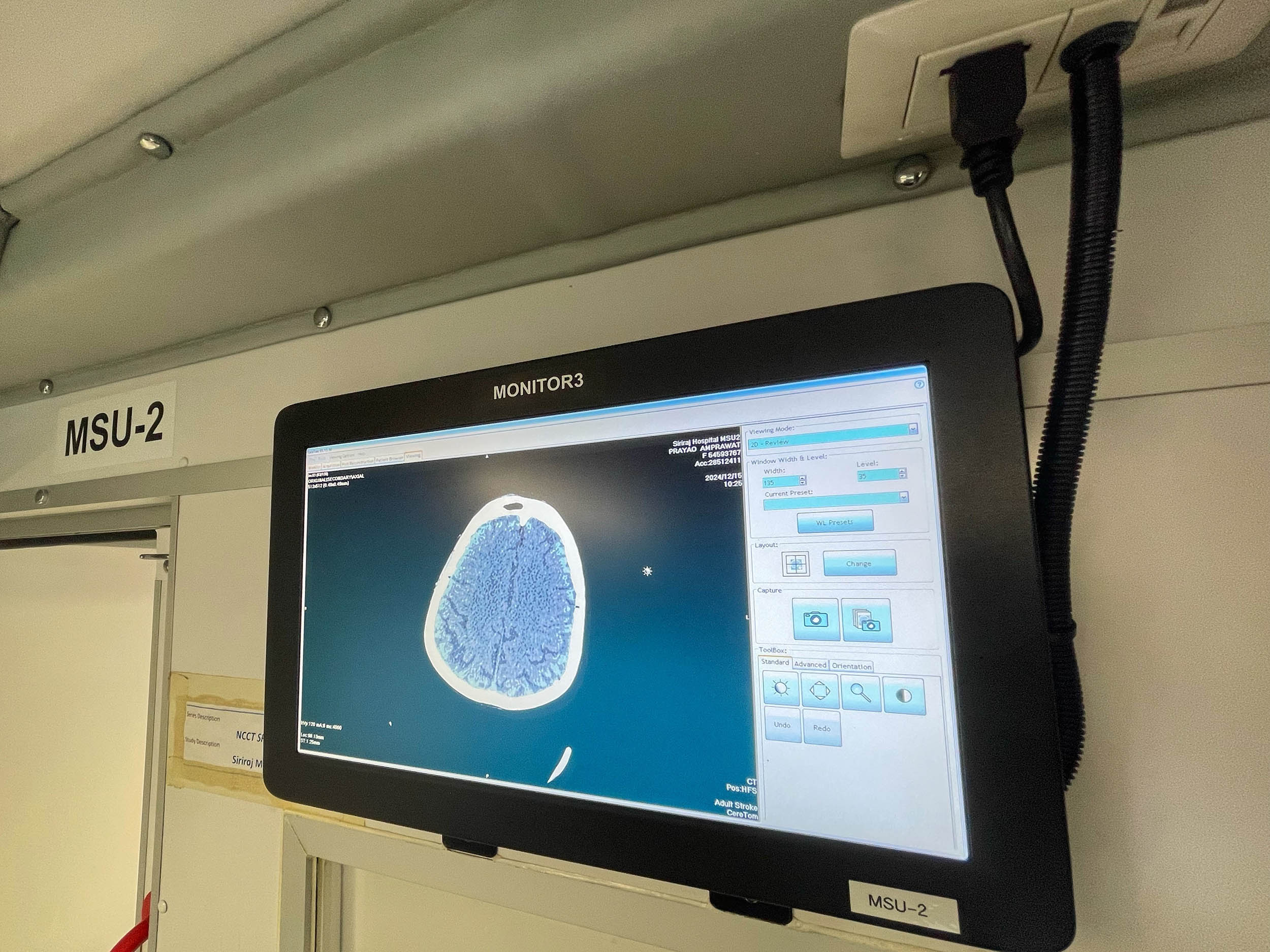
The Mobile Stroke Unit Royal Honor Project, which aims to reduce inequality in access to acute stroke treatment across 21 Somdej Phra Yupparat hospitals nationwide, plans to deploy 21 Mobile Stroke Units throughout the country. The distribution includes six locations in the North, nine in the Northeast, four in the South, and two in the Central region, with the first unit launched at Somdej Phra Yupparat Pua Hospital in Nan Province.
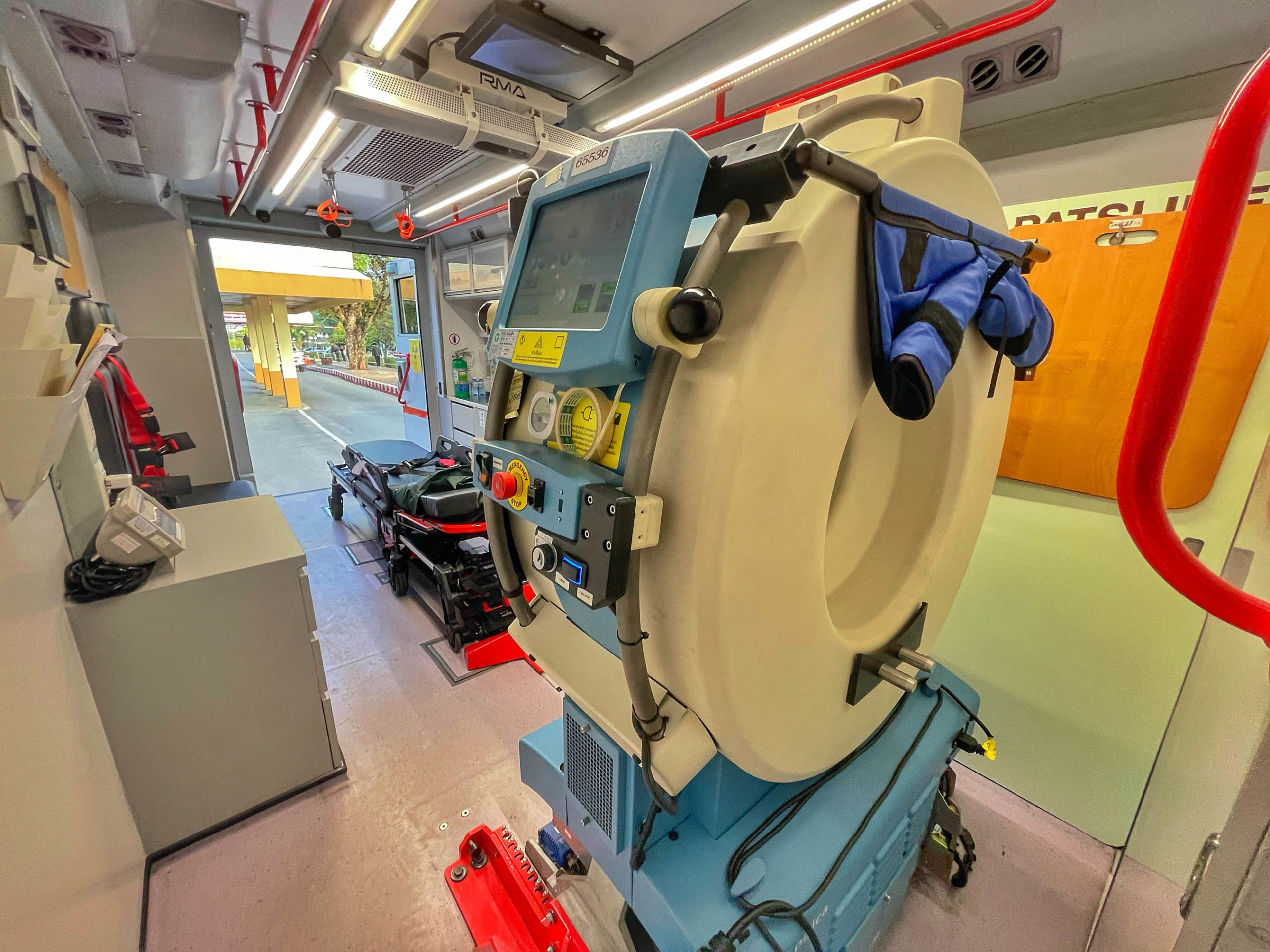
The Mobile Stroke Unit is designed to function as a mobile hospital, rapidly responding to calls from patients or their relatives in remote areas. Below are its critical functions for managing stroke emergencies:
- Specialized Stroke Ambulance: Acts as a mobile hospital reaching communities, reducing treatment delays, mortality rates, and long-term disabilities.
- CT Scanner: Performs detailed brain scans within seconds, enabling doctors to diagnose and treat both blood clots and brain hemorrhages quickly.
- Essential Equipment: Includes contrast injectors, blood testing devices, teleconsultation systems, and immediate access to clot-dissolving medication.
- Telemedicine System: Onboard cameras enable real-time patient monitoring and communication, allowing teams of doctors to plan treatment before hospital arrival.

Mr. Prathet added, “The high speed, low latency, and stability of 5G technology enable the real-time transmission of large medical data, such as brain CT scans and patient vital signs, with precision and speed, even when specialists are located hundreds or thousands of kilometers away. This facilitates immediate diagnosis and treatment planning, significantly improving access to specialized medical care for people in remote areas or regions without stroke specialists.”

The World Stroke Organization (WSO) reports that 1 in 4 people globally will experience a stroke in their lifetime. Early prevention and care are essential to mitigating risks. The public can identify stroke symptoms using the B.E.F.A.S.T. method:
- Balance: Sudden dizziness or loss of balance
- Eye: Blurred or double vision
- Face: Sudden facial drooping
- Arm: Weakness or numbness on one side of the body
- Speech: Slurred speech or difficulty speaking
- Time: Immediate medical attention is critical
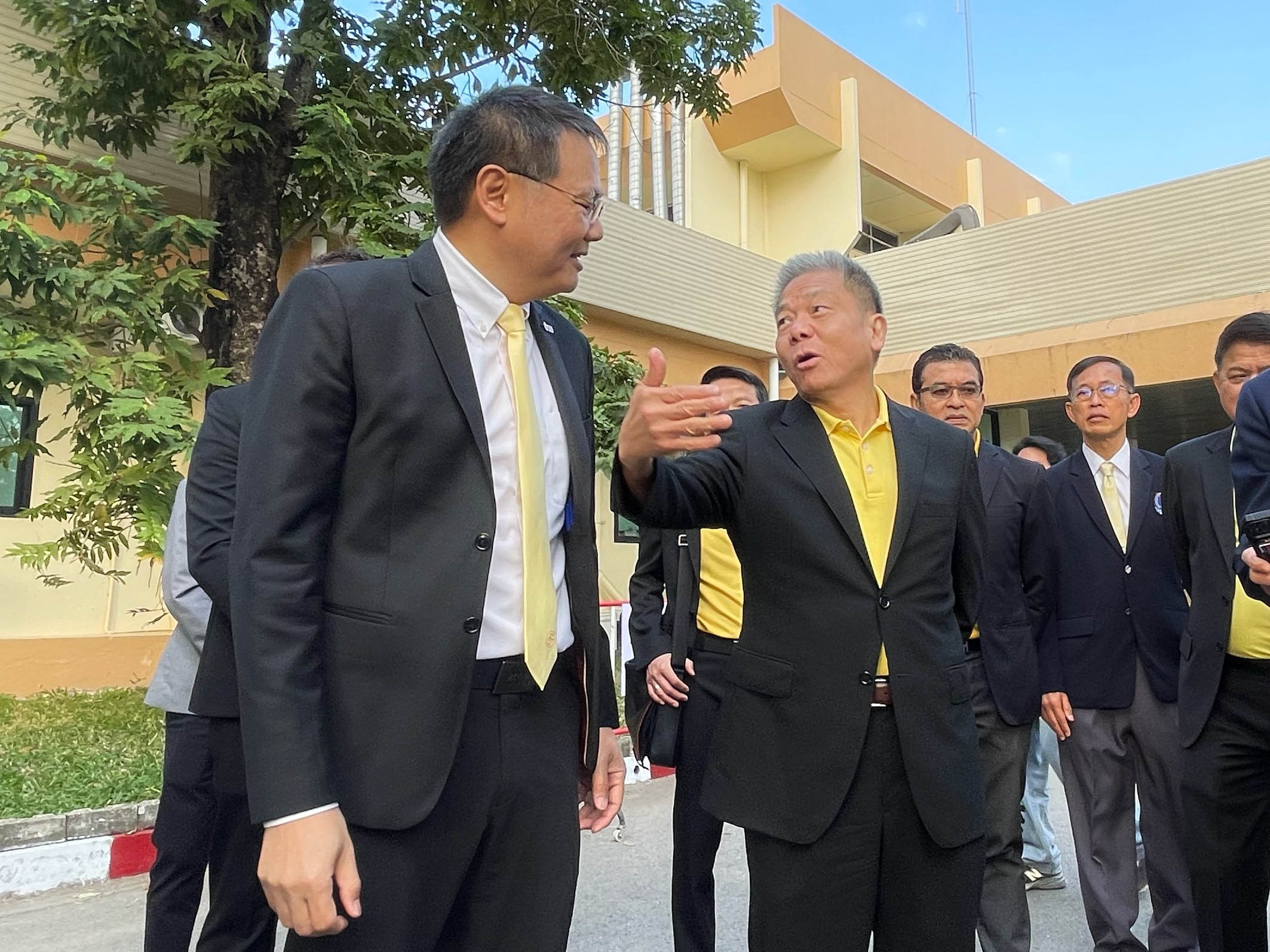
Stroke patients must receive clot-dissolving medication within 4 hours and 30 minutes. Every minute lost results in the death of 1.9 million brain and nerve cells. Delayed treatment can lead to death or permanent paralysis, leaving patients unable to care for themselves. If a patient or their relatives notice symptoms such as unsteady walking, double vision, facial drooping, limb weakness, or slurred speech, they should immediately call 1669. Upon receiving such reports, the hospital will dispatch an emergency ambulance and deploy a Mobile Stroke Unit team to pick up the patient. Once at the meeting point, the patient will be transferred to the Mobile Stroke Unit for immediate treatment.

This project builds on the successful collaboration between True Corporation, the Siriraj Stroke Center of the Faculty of Medicine Siriraj Hospital, and the Faculty of Engineering at Mahidol University in 2020. The initiative originated from the Siriraj Stroke Center’s concept of developing a vehicle-based Mobile Stroke Unit, with the first prototype completed in 2018.

“As Thailand’s leading telecom-technology company, True Corporation is committed to leveraging our knowledge, technology, and innovation to advance smart healthcare systems. Our goal is to enhance the quality of life and ensure equitable access to specialized medical services for all Thais across the country,” Mr. Prathet concluded.

